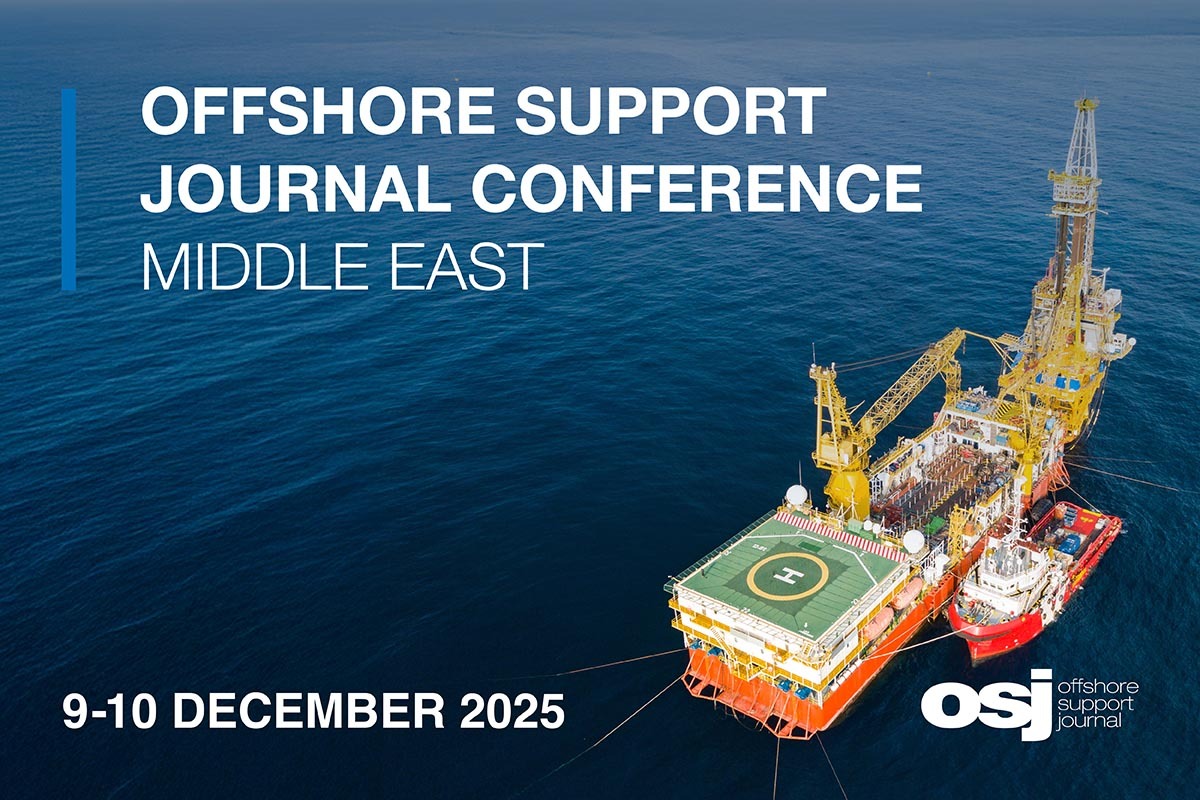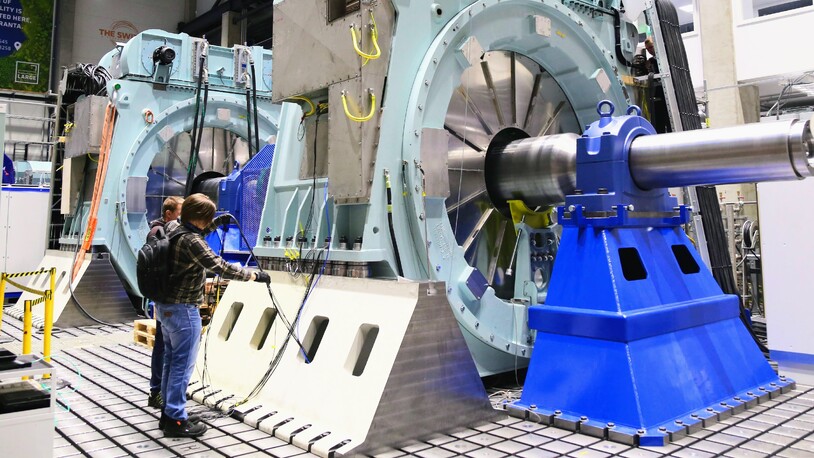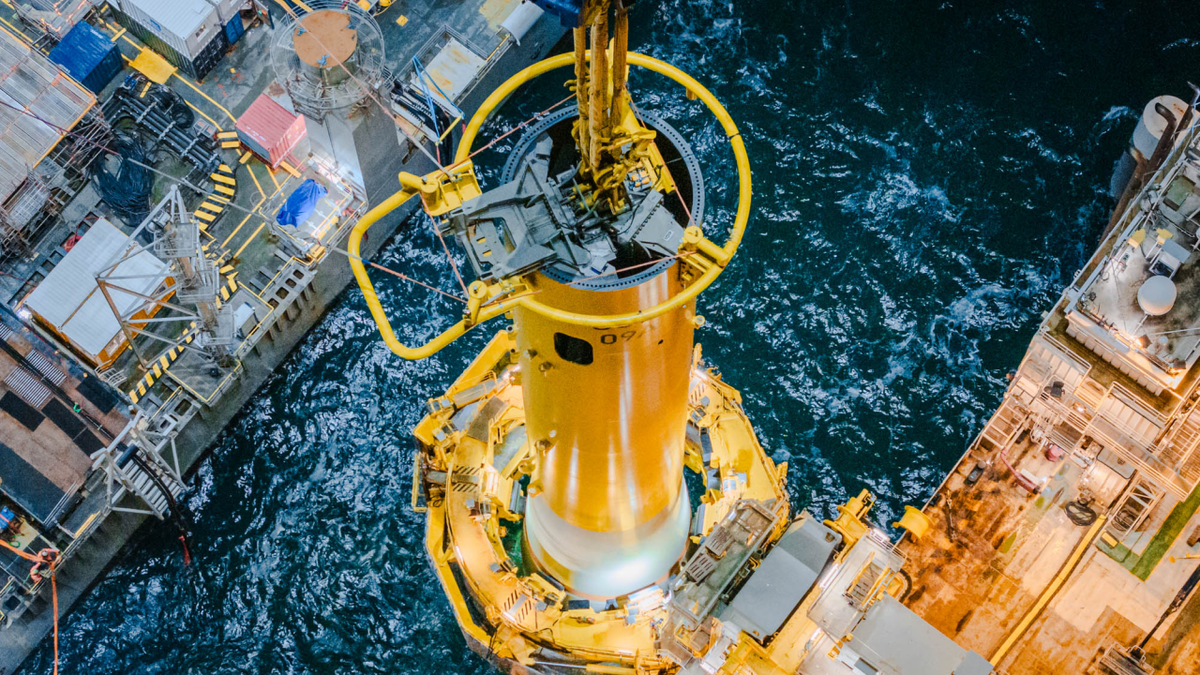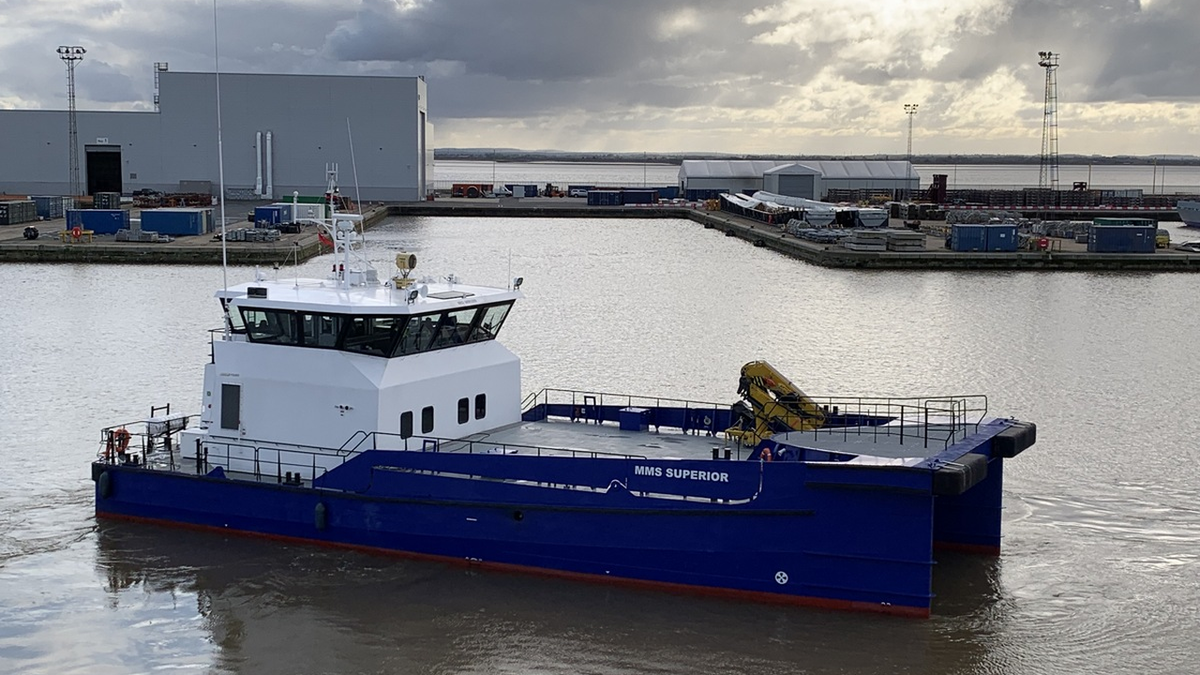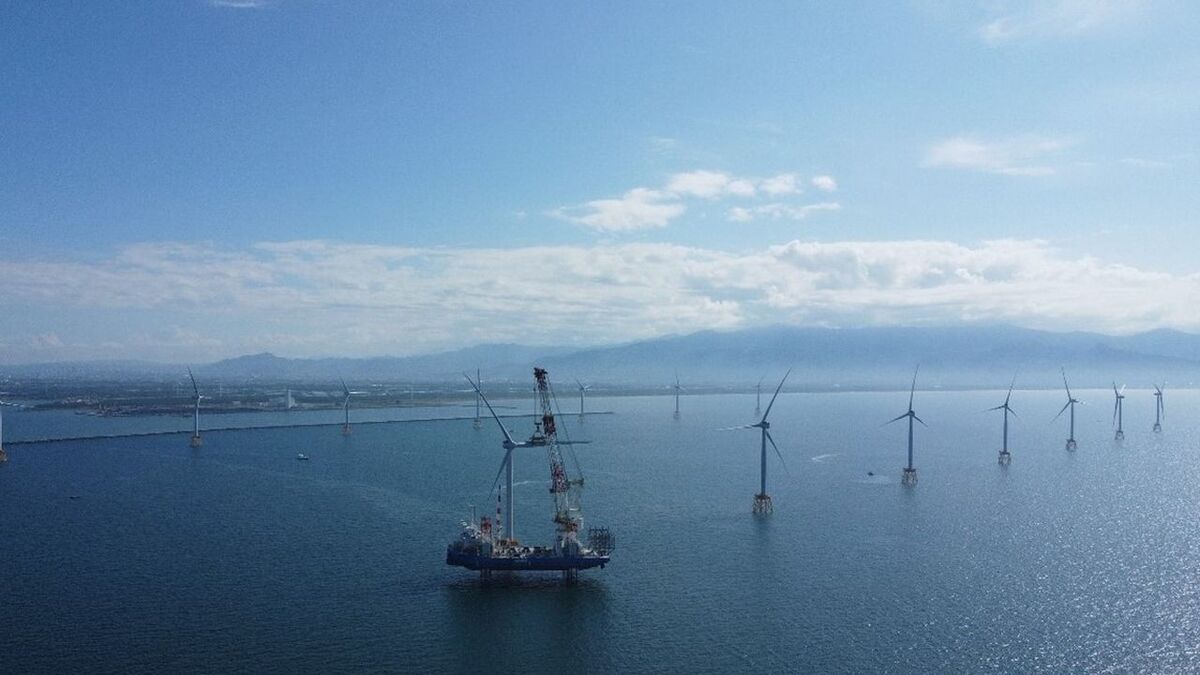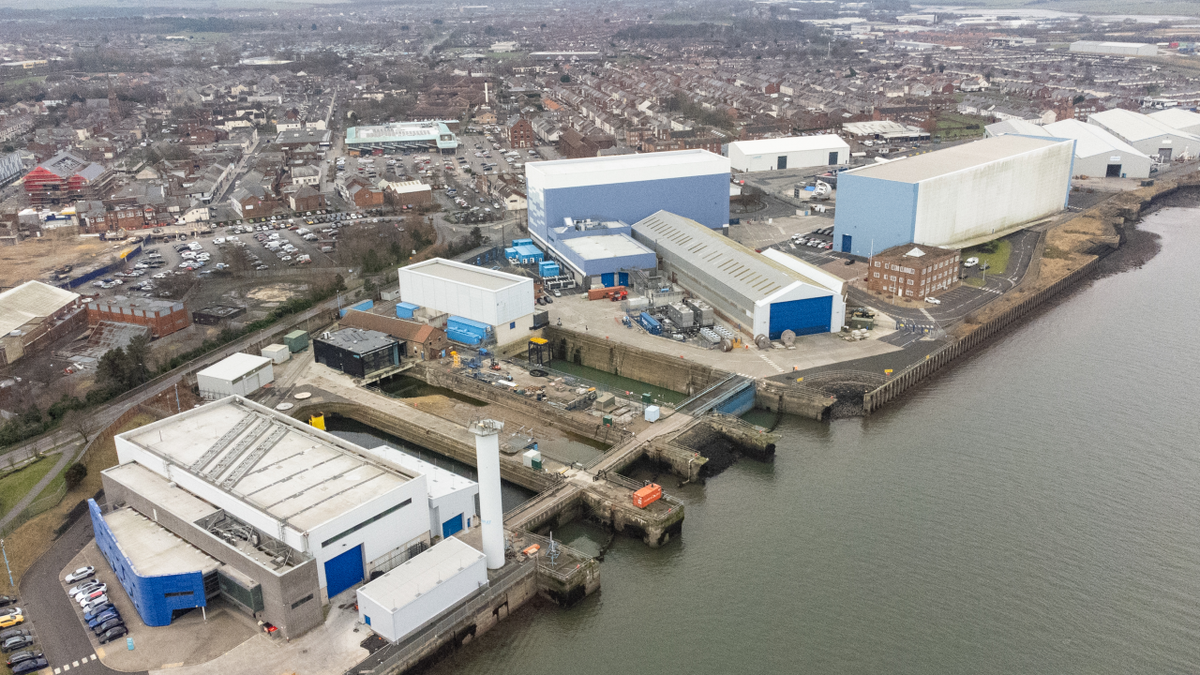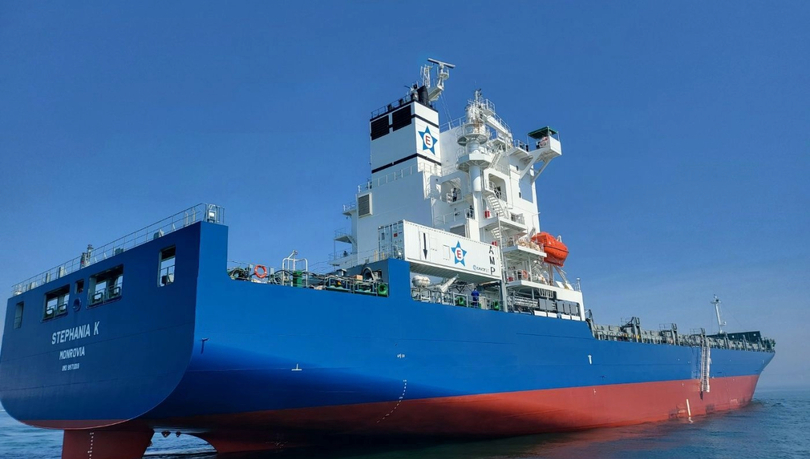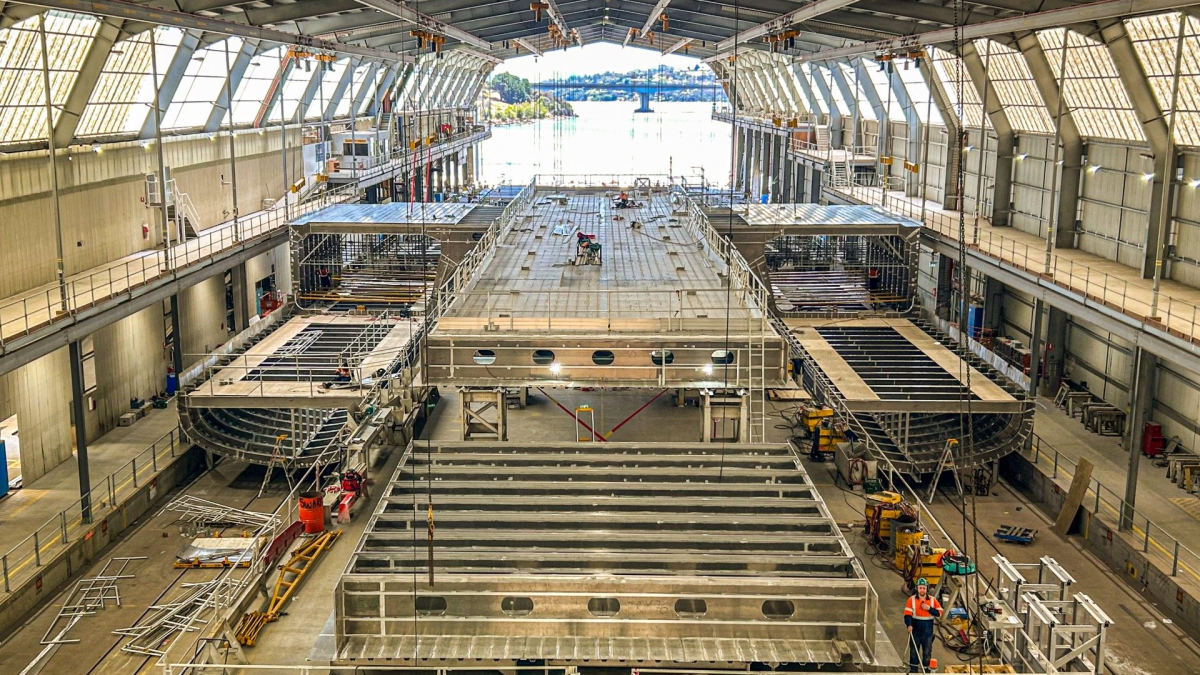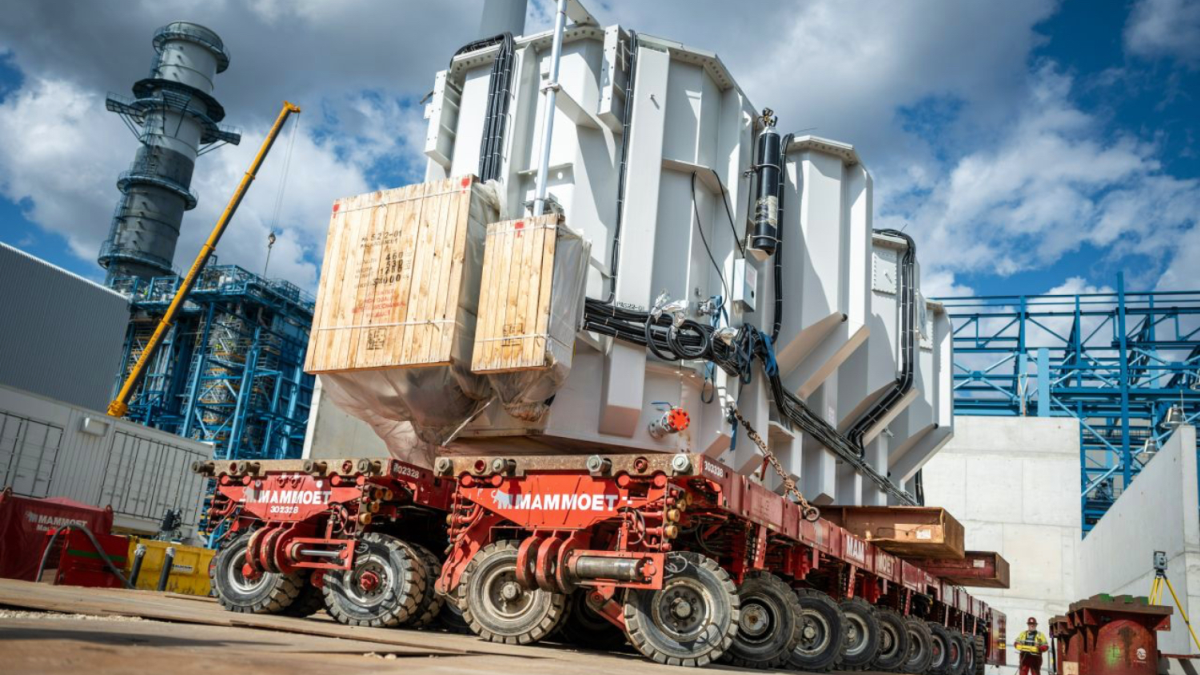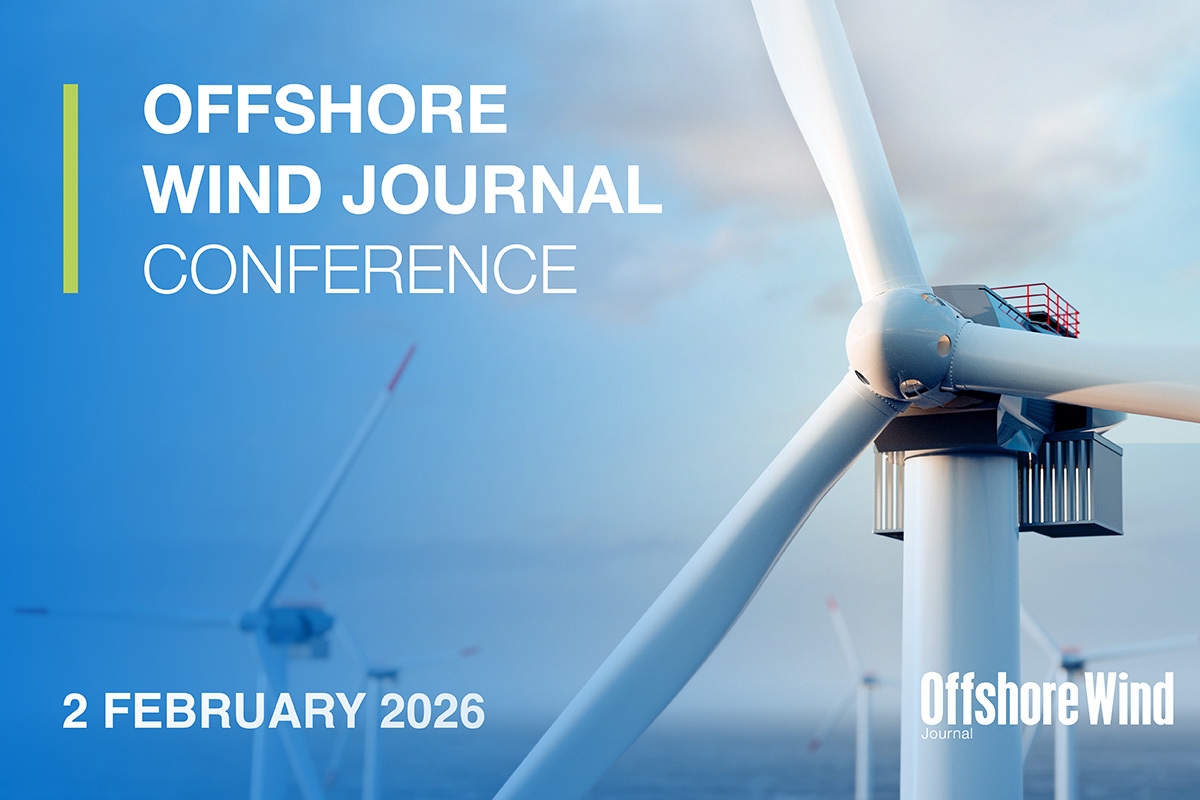Business Sectors
Events
Offshore Support Journal Conference, Middle East 2025
Contents
Register to read more articles.
BioLNG progressing as a marine fuel
Gasum’s bioLNG supply deal with Hapag-Lloyd marks a step forward in shipping’s decarbonisation journey, leveraging renewable fuel to reduce lifecycle emissions
Gasum has been awarded a contract to supply Hapag-Lloyd with waste-based bioLNG, following a successful bid in the Zero Emission Bunkering Access tender, illustrating the growing role of bioLNG in meeting the shipping industry’s emissions-reduction goals.
The bioLNG to be supplied will contribute toward Hapag-Lloyd’s efforts to reduce its carbon footprint while maintaining operational efficiency. The fuel is derived from organic waste, making it a renewable alternative that helps address the industry’s need for lower-carbon solutions.
BioLNG, which shares the same chemical composition as fossil-based LNG, can be used in existing LNG-fuelled vessels without any modifications.
According to SEA-LNG, bioLNG is already available in more than 70 ports globally, including major bunkering hubs such as Rotterdam and Singapore, allowing operators to gradually integrate bioLNG into their fuel mix, enabling a phased approach to decarbonisation.
SEA-LNG general manager Adi Aggarwal stressed bioLNG is already being used as a drop-in fuel in marine operations across Europe, North America and Asia.
In terms of emissions reductions, bioLNG offers substantial advantages over conventional marine fuels. Lifecycle greenhouse gas (GHG) emissions can be reduced by up to 90%, depending on the production process and measures to control methane slip.
Its use supports a circular economy by capturing and recycling waste methane from agricultural, industrial and municipal sources, which would otherwise be released into the atmosphere. This makes bioLNG a practical option for ship operators aiming to meet International Maritime Organization’s (IMO) 2050 decarbonisation targets.
The transition to bioLNG is supported by its compatibility with existing LNG infrastructure, which includes storage, bunkering and engine technologies, reducing the need for substantial new investments and allowing shipowners to utilise both fossil LNG and bioLNG in tandem.
According to DESMI senior product development manager, Jens Peter Hansen, bioLNG’s ability to mix with fossil LNG makes it easier to transition toward carbon-neutral shipping.
However, production capacity and cost remain challenges.
Current bioLNG production meets only a fraction of global shipping’s energy demand, though there are plans to increase output significantly in the coming decades. The forecasted growth is supported by investments in new bioLNG plants across Europe, with projections indicating a potential tenfold increase in production by 2030.
Additionally, blending bioLNG with fossil LNG can provide a scalable way to meet energy needs while reducing emissions. Research suggests that by blending at a ratio of 20%, bioLNG could cover up to 63% of the shipping industry’s energy demand by 2050.
Technological advancements are also enhancing bioLNG’s viability.
Engine manufacturers are focused on reducing methane slip, a key issue with LNG-fuelled vessels. New designs are being developed to minimise this loss, further improving the environmental profile of both LNG and bioLNG. These efforts are essential for the fuel to deliver its full emissions-reduction potential while maintaining operational efficiency.
Regulatory support is another key factor driving the adoption of bioLNG.
IMO’s Carbon Intensity Indicator and Energy Efficiency Design Index are creating a framework that encourages shipowners to adopt lower-carbon fuels. BioLNG fits well within these guidelines, offering a way for operators to meet emissions requirements without completely overhauling their fuel systems.
Projects such as Gasum’s agreement with Hapag-Lloyd to supply bioLNG illustrate how the maritime industry is beginning to adopt this renewable fuel.
Such agreements help validate bioLNG’s practical application and scalability in a global shipping context.
The progress of bio-LNG as a marine fuel will be a key part of the forthcoming LNG Shipping & Terminals Conference in November 2024. Register your interest here.
Related to this Story
Events
Offshore Support Journal Conference, Middle East 2025
Maritime Regulations Webinar Week
Maritime Decarbonization Conference, Americas 2026
Offshore Wind Journal Conference 2026
© 2024 Riviera Maritime Media Ltd.
